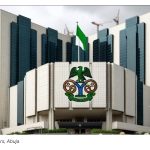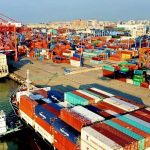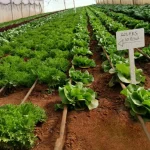Economy
14 Nigerian States Bankrupt—Report
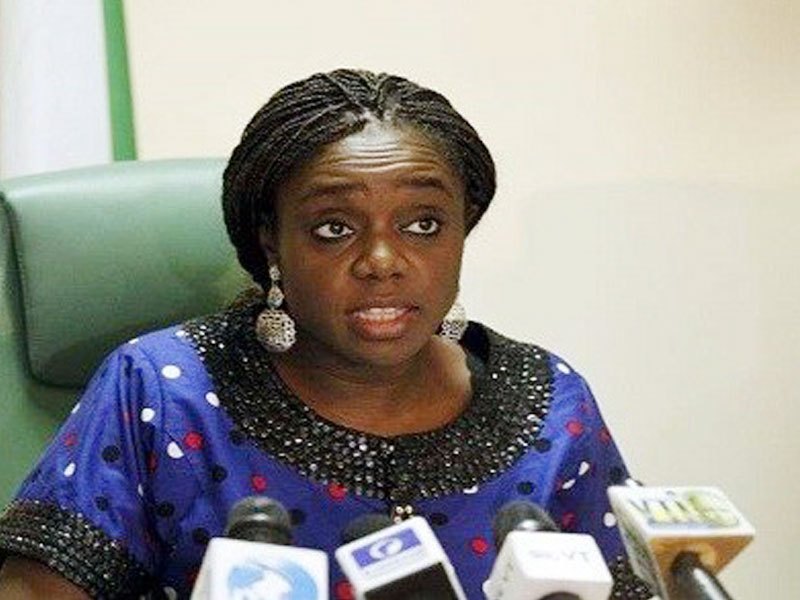
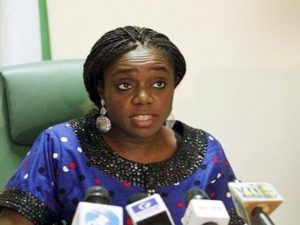
By Modupe Gbadeyanka
Out of the 36 states of the federation, 14 of them are insolvent as their Internally Generated Revenues (IGR) in 2016 were far below 10 percent of their Federation Account Allocations (FAA) in the same year, a new report has disclosed.
The report, released by the Economic Confidential, the award winning Economic Intelligence Magazine, noted that without the monthly disbursement from the Federation Account Allocation Committee (FAAC), many states in the country would find it very difficult to survive.
Economic Confidential, in its Annual States Viability Index (ASVI), pointed out that the index was carefully and painstakingly computed.
According to the magazine, the IGR are generated by states through Pay-As-You-Earn Tax (PAYE), Direct Assessment, Road Taxes and revenues from Ministries, Departments and Agencies (MDA)s. The report by this economic intelligence magazine further indicates that the IGR of Lagos State of N302 billion is higher than that of 30 States put together excluding Lagos, Ogun, Rivers, Edo, Kwara and Delta States, whose IGRs are very impressive at more than 30 percent each. The 30 other states merely generated a total of N258 billion in 2016.
Recently the magazine published the total allocation received by each state in Nigeria from the Federation Account Allocation (FAA) between January to December 2016. The latest report on IGR reveals that only Lagos and Ogun States generated more revenue than their allocations from the Federation Account by 169 percent and 127 percent respectively and no any other state has up to 100 percent of IGR to the federal largesse.
The IGR of the 36 states of the federation totalled N801.95 billion in 2016 as compared to N682.67 billion in 2015, an increase of N119.28 billion.
While the report provides shocking discoveries to the effect that 14 states which have less than 10 percent IGR may not stay afloat outside the Federation Account Allocation due to socio-political crises including insurgency, militancy and herdsmen attacks, others lack foresight in revenue generation drive coupled with arm-chair governance.
The states that may not survive without the Federation Account due to poor internal revenue generation include Borno which realized a meagre N2.6 billion compared to a total of N73.8 billion it received from the Federation Account Allocation (FAA) in 2016 representing about 4 percent.
Others are: Ebonyi with IGR of N2.3 billion compared to FAA of N46.6 billion representing 5 percent; Kebbi N3.1 billion compared to FAA of N60.88 billion representing 5.14 percent; Jigawa with N3.5 billion compared to N68.52 billion of FAA representing 5.15 percent and Yobe with IGR of N3.24 billion compared to N53.93 billion of FAA representing 6.0 percent within the period under review. Other poor internal revenue earners are Gombe which generated N2.94 billion compared to FAA of N46 billion representing 6.26 percent; Ekiti N2.99 billion compared to FAA of N47.56 billion representing 6.28 percent; Katsina N5.54 billion compared to FAA of N83 billion representing 6.65 percent and Sokoto N4.54 billion compared to FAA of N65.97 billion representing 6.88 percent.
Meanwhile Lagos State remained steadfast in its number one position in IGR with a total revenue generation of N302 billion compared to FAA of N178 billion which translate to 169 percent in the twelve months of 2016.
It is followed by Ogun State which generated IGR of N72.98 billion compared to FAA of N57 billion representing 127 percent. Others with impressive IGR include Rivers with N85 billion compared to FAA of N134 billion representing 63 percent; Edo with IGR of N23 billion compared to FAA of N59 billion representing 38 percent. Kwara State however with low receipt from the Federation Account has greatly improved in its IGR of N17bn compared to FAA of N49 billion representing 35 percent while Delta with IGR of N44 billion compared to FAA of N126 billion representing 6.88 percent.
The Economic Confidential ASVI further showed that only three states in the entire Northern region have IGR above 20 percent. They are Kwara, Kano, and Kaduna States.
Meanwhile eight states in the South recorded over 20 percent IGR in 2016. They are Lagos, Ogun, Rivers, Edo, Delta, Cross River, Enugu, and Oyo States State. The states with the poorest Internally Generated Revenue of less than 10 percent in the South are Imo, Bayelsa, Ekiti, and Ebonyi States while in the North we have Niger, Nasarawa, Sokoto, Katsina, Gombe, Yobe, Jigawa, Kebbi and Borno States.
Meanwhile the IGR of the respective states can improve through aggressive diversification of the economy to productive sectors rather than relying on the monthly Federation Account revenue that largely come from the oil sector.
Source: Economic Confidential
Economy
Lagos Lists N230bn Series 4 10-Year Bond on Stock Exchange
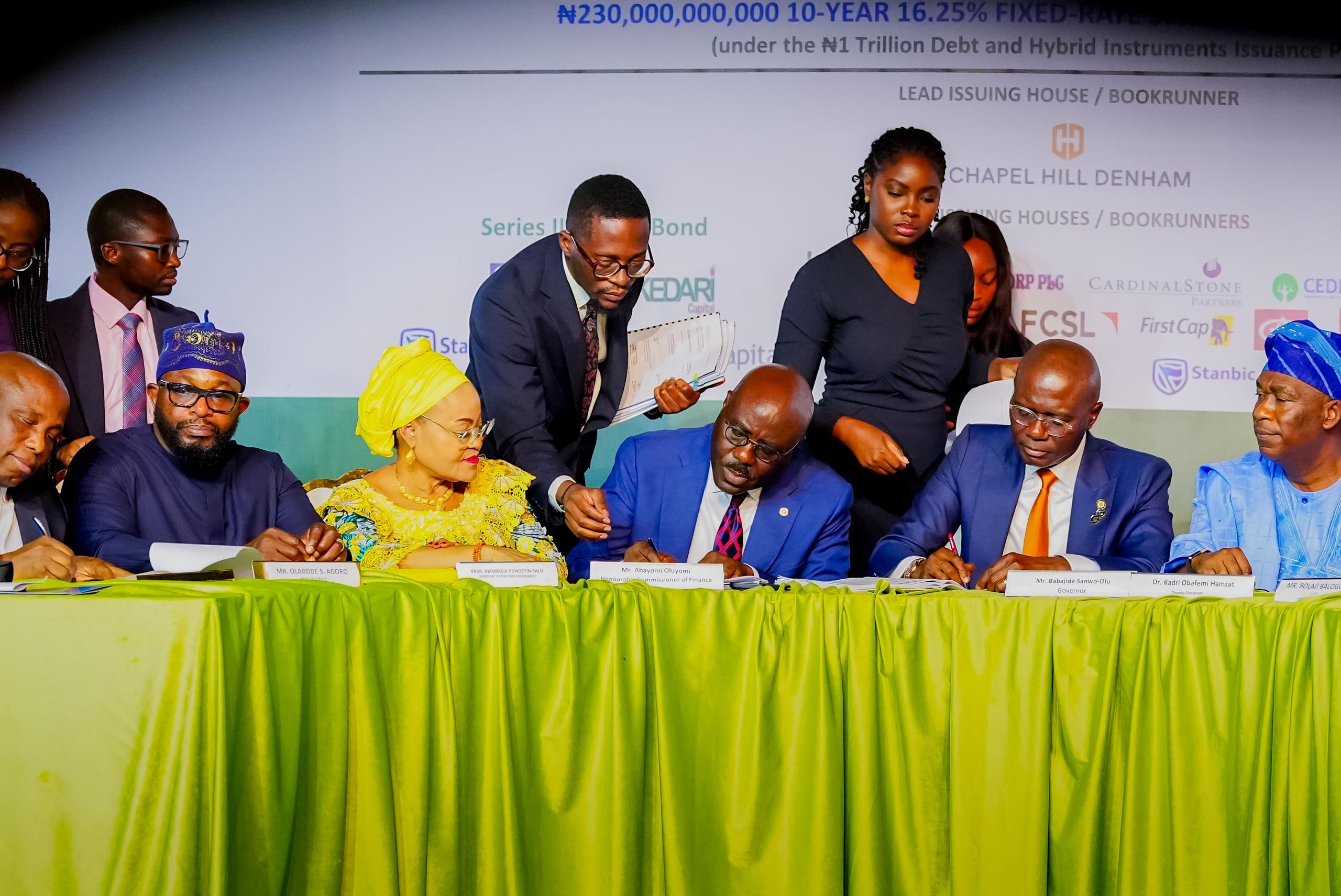
By Aduragbemi Omiyale
The N230 billion 10-year bond issued to investors by the Lagos State government has been listed on the Nigerian Exchange (NGX) Limited.
It was the Series 4 of the state government’s N1 trillion Debt and Hybrid Instruments Issuance Programme, which was sold at a coupon rate of 16.25 per cent.
It was offered for sale to bondholders in November 2025, with Chapel Hill Denham Advisory Limited as the leading issuing house and bookrunner.
The joint issuing houses and bookrunners were Asset & Resources Management Limited, Capital Bancorp Plc, Cardinal Stone Partners Limited, Cedrus Capital Limited, Comercio Partners Capital Limited, Cordros Advisory Services Limited, Coronation Merchant Bank Limited, Dynamic Portfolio Limited, FCMB Capital Markets Limited, FCSL Asset Management Company Limited, FirstCap Limited, G.A. Capital Limited, LeadCapital Plc, Light House Capital Limited, Phoenix Global Capital Markets Limited, Quantum Zenith Capital and Investments Limited, Radix Capital Partners Limited, SFS Financial Services Limited, Stanbic IBTC Capital Limited, United Capital Plc, and, Vetiva Advisory Services Limited.
The debt instruments are callable at par after 60 months, on any coupon payment date, subject to the issuer having obtained prior regulatory approvals and upon issuance of the requisite notice to bondholders.
Business Post reports that the bond was sold at a unit price of N1,000, with the interest to be paid to investors on every May 20 and November 20 until maturity.
According to the Governor of Lagos State, Mr Babajide Sanwo-Olu, proceeds from the exercise would be used for critical infrastructure in transportation, housing, the environment, healthcare, education, urban renewal, and the provision of other sustainable infrastructure that would serve the future needs of the state.
The listing of the debt instrument on the stock exchange today, Monday, February 9, 2026, allows investors to trade the bond at the secondary market.
Economy
CBN to Begin 304th MPC Meeting February 23
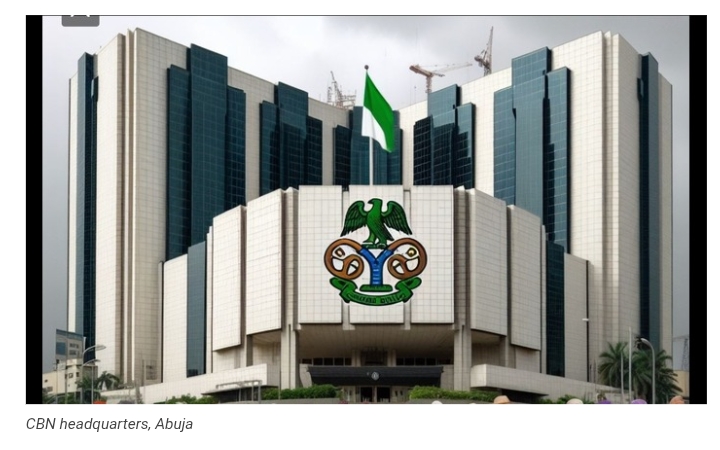
By Adedapo Adesanya
The Central Bank of Nigeria (CBN) has announced plans to hold its 304th Monetary Policy Committee (MPC) meeting on Monday, February 23 and Tuesday, February 24, 2026.
This information was disclosed in a circular published on the apex bank’s official website on Monday. This will be the first meeting of 2026.
The gathering comes amid sustained efforts by the CBN to rein in inflation, stabilise the foreign exchange market, and strengthen macroeconomic conditions.
At its last MPC meeting in November 2025, the central bank retained the Monetary Policy Rate (MPR) at 27 per cent, maintaining its restrictive posture in a bid to curb inflationary pressures and stabilise the foreign exchange (FX) market.
The MPC is one of the bank’s highest policy-making bodies, responsible for formulating monetary and credit policies aimed at ensuring price stability.
Through key instruments such as the MPR, Cash Reserve Ratio (CRR), and Liquidity Ratio (LR), the committee guides interest rate conditions and overall monetary direction in the economy.
Comprising the CBN Governor, Deputy Governors, Board members, and appointed external members, the committee meets periodically to review critical economic indicators, including inflation, gross domestic product, and exchange rate developments, before taking policy decisions.
The apex bank outlined the timetable and venue in its official notice.
“The 304th meeting of the Monetary Policy Committee (MPC) is scheduled to hold as follows,” the CBN said.
“Day 1: Monday, February 23, 2026 – Time: 10.00 a.m.”
“Day 2: Tuesday, February 24, 2026 – Time: 8.00 a.m.”
According to the circular, the meeting will take place at the MPC Meeting Room on the 11th floor of the CBN Head Office in Abuja.
Economy
NGX Lifts Suspension on Fortis Global Insurance
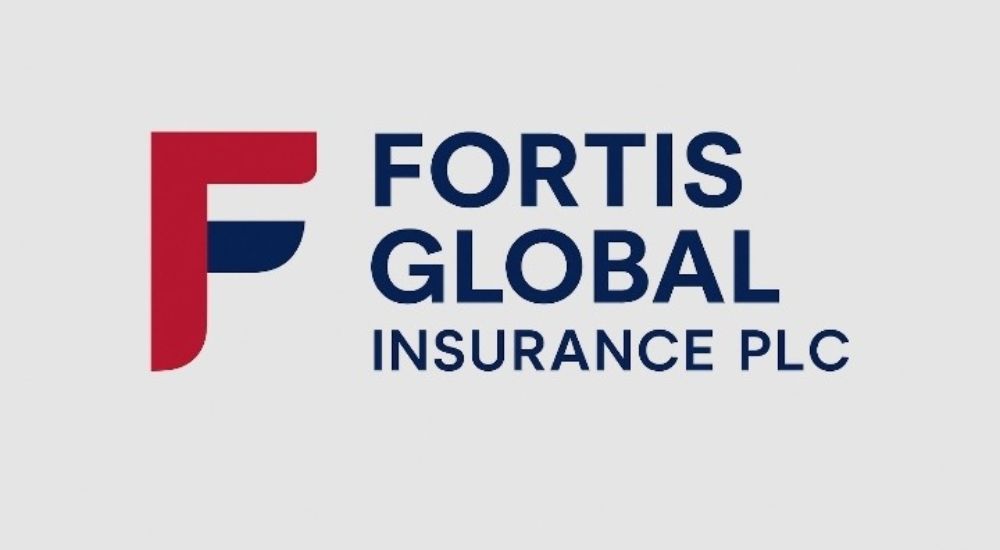
By Aduragbemi Omiyale
The suspension placed on trading in the shares of Fortis Global Insurance Plc has been lifted by the Nigerian Exchange (NGX) Limited after six years.
The embargo arose from the company’s violation of Rule 3.1: Rules for Filing of Accounts and Treatment of Default Filing (Default Filing Rules).
The underwriting firm, formerly known as Standard Alliance Insurance Plc, was suspended by the exchange on July 2, 2019, after the board failed to file the necessary financial statements.
Rule 3.1 provides that if an issuer fails to file the relevant accounts by the expiration of the cure period, the exchange will: a) send to the issuer a second filing deficiency notification within two business days after the end of the cure period, b) suspend trading in the issuer’s securities, and c) notify the Securities and Exchange Commission (SEC) and the market within 24 hours of the suspension.
A notice from the bourse last week disclosed that the company has now filed all outstanding financial statements due to the NGX, and in view of this, the embargo has been lifted pursuant to Rule 3.3 of the Default Filing Rules.
This section states that, “The suspension of trading in the issuer’s securities shall be lifted upon submission of the relevant accounts, provided the exchange is satisfied that the accounts comply with all applicable rules of the exchange.
“The exchange shall thereafter also announce through the medium by which the public and the SEC were initially notified of the suspension, that the suspension has been lifted.”
The bourse informed trading license holders and the investing public “that the suspension placed on trading on the shares of Fortis Global Insurance was lifted on Wednesday, February 4, 2026.”
-

 Feature/OPED6 years ago
Feature/OPED6 years agoDavos was Different this year
-
Travel/Tourism9 years ago
Lagos Seals Western Lodge Hotel In Ikorodu
-

 Showbiz3 years ago
Showbiz3 years agoEstranged Lover Releases Videos of Empress Njamah Bathing
-

 Banking8 years ago
Banking8 years agoSort Codes of GTBank Branches in Nigeria
-

 Economy3 years ago
Economy3 years agoSubsidy Removal: CNG at N130 Per Litre Cheaper Than Petrol—IPMAN
-

 Banking3 years ago
Banking3 years agoSort Codes of UBA Branches in Nigeria
-

 Banking3 years ago
Banking3 years agoFirst Bank Announces Planned Downtime
-

 Sports3 years ago
Sports3 years agoHighest Paid Nigerian Footballer – How Much Do Nigerian Footballers Earn





